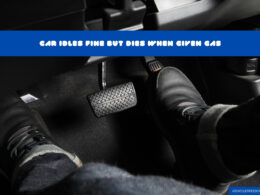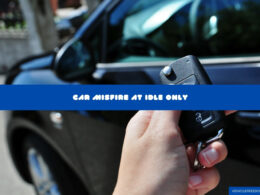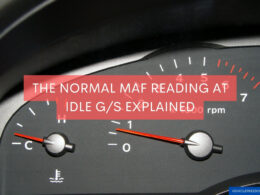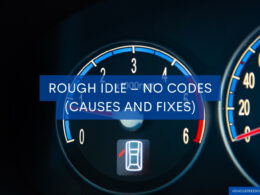In This Article Show
The AC compressor – it’s a component that works tirelessly to keep your vehicle’s cabin comfortable, especially during those hot summer months. But what happens when this essential piece of your car’s cooling system produces a worrying noise at idle?
Well, it’s rarely a good sign, but don’t panic just yet. This problem is more common than you might think; fortunately, solutions exist.
In this blog post, we’ll explore the common causes of this AC compressor noise, walk through some diagnostic steps to identify the source, and discuss effective fixes.
We’ll even talk about when it might be time to bring in a professional mechanic because, as much as I advocate for understanding and troubleshooting our own vehicles, some situations require expert intervention.
Why an AC Compressor Might Make Noise at Idle
Firstly, it’s crucial to distinguish between the regular operational sounds of an AC compressor and the noises that should raise a red flag.
When functioning properly, an AC compressor will generate a low humming or buzzing noise, and it’s perfectly normal. This sound is the result of its internal components – the motor, pistons, and valves – working together to circulate the refrigerant.
However, when the compressor makes excessively loud noises, especially while idling, it’s often a symptom of a potential issue. You might hear grinding, clattering, squealing, or rattling sounds – all signs that something’s not right within the system.
These abnormal noises can be due to various factors. These could range from loose or damaged parts, insufficient refrigerant levels, or overheating to more serious issues like a failed compressor clutch or a worn-out compressor.

Common Causes of AC Compressor Noise at Idle
Understanding the causes behind the abnormal noises emanating from your AC compressor at idle is the first step toward finding an effective solution. Let’s explore some of these common causes:
1. Loose or Damaged Parts
The AC compressor consists of various components that need to be properly secured for the system to operate smoothly. If any parts like bolts, mounts, or internal components become loose or damaged, they could cause a variety of noises. A rattling or clattering sound is a common symptom in this case.
2. Low Refrigerant Levels
The refrigerant plays a crucial role in the cooling process, and if its level is low, it could cause your AC compressor to make noise. Insufficient refrigerant can lead to excess friction and heat, causing a grinding or squealing sound.
3. Overheating
An AC compressor can also make noise if it’s overheating. This is typically due to poor ventilation, a refrigerant leak, or an overworked compressor. This situation may cause a hissing or bubbling noise.
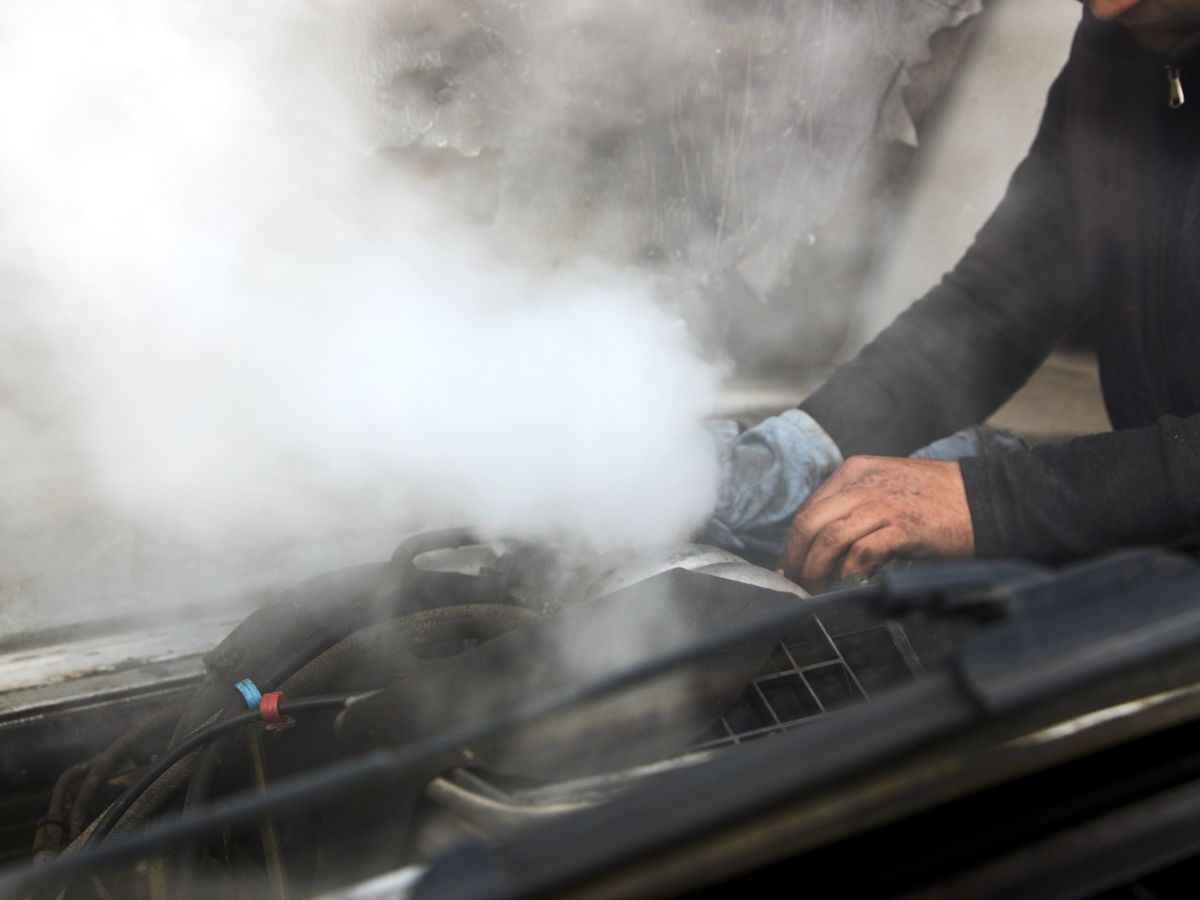
4. Failed Compressor Clutch
The compressor clutch engages and disengages the AC compressor pulley. If it fails, it could either stay disengaged, causing the compressor to not function, or remain engaged, causing rapid wear and a potential noise at idle.
5. Worn Out Compressor
Just like any other machine, an AC compressor experiences wear and tear over time. The compressor might produce a knocking or rattling noise if it’s old or worn out. Unfortunately, this usually means that a replacement is necessary.
By identifying the root cause of the noise, we can apply an appropriate fix to eliminate it. Keep in mind, though, these are just common causes. Other issues may also lead to AC compressor noise at idle, and it’s always recommended to consult with a professional if you’re unsure.
How to Identify the Causes of AC Compressor Noise at Idle
While the abnormal noise is a symptom of a potential issue, figuring out exactly what’s wrong is the real challenge. Here’s how you can identify the cause behind your AC compressor noise at idle:
1. Visual Inspection
Start with a simple visual inspection of the AC compressor. Check for any loose parts, visible damage, or leaks. For instance, a damaged or leaking compressor clutch might be the culprit behind the noise.
2. Auditory Clues
Listen carefully to the sound your AC compressor makes. The type of noise can give you a clue about what’s going wrong. A rattling or clattering might point to loose components, while a grinding noise often indicates low refrigerant levels or a worn-out compressor.
3. Diagnostic Tests
Use a mechanic’s stethoscope to isolate the noise and its source. This tool can help you pinpoint the problem area by amplifying the sound it picks up. If you don’t have access to a stethoscope, a long screwdriver can work as a makeshift solution. Just be careful not to touch any moving parts.

4. Check Refrigerant Levels
Low refrigerant levels can cause your compressor to make noise. You can check the refrigerant level using an AC gauge set. If the pressure readings are lower than recommended, you might need to recharge the refrigerant.
5. Examine the Compressor Clutch
Look at the compressor clutch while the AC is running. It should engage and disengage smoothly. If it remains stuck in one position or doesn’t engage properly, it might be the source of the noise.
These diagnostic methods can help identify common issues but may not uncover every problem. If the cause of the noise remains elusive, or if you’re uncomfortable performing these checks yourself, it may be best to seek help from a professional mechanic.
Pro Tip 👋
Need to talk to a professional with a special discovery on your car issue? Use this link to talk to a professional. This is in partnership with JustAnswer, which has an on-call expert who can help you, especially during an emergency. Talk to a master mechanic now.
Fixing AC Compressor Noise at Idle: Common Solutions
Once we’ve identified the possible cause of the noise, it’s time to talk solutions. Here are some common fixes for AC compressor noise at idle:
1. Tightening or Replacing Loose Components
If a visual inspection reveals any loose parts, you can try tightening them to see if it resolves the noise. If a component is damaged, it may need to be replaced. This is usually a straightforward process, but it depends on the specific part and its location.
2. Recharging the Refrigerant
Low refrigerant levels can cause the AC compressor to grind or squeal. Recharging the refrigerant can often resolve this issue. This task requires an AC recharge kit, which many car owners can do independently. Remember always to follow the manufacturer’s instructions to avoid overcharging.
3. Cooling Down the System
If the compressor is overheating, allowing the system to cool down may help. Check for good ventilation around the compressor and make sure there are no obstructions. If the system continually overheats, a deeper issue might need professional attention.
4. Replacing the Compressor Clutch
If the compressor clutch is not engaging or disengaging properly, it might need to be replaced. This task can be somewhat complex and may require special tools, so it’s often best left to a professional.
5. Replacing the Compressor
Replacing the compressor may be the only solution if it is worn out. This significant repair involves evacuating and recharging the AC system’s refrigerant, and it’s typically a job for a professional mechanic.
While these fixes can resolve common issues, always remember to consult a professional mechanic if you’re uncomfortable performing these repairs or if the problem persists. They have the tools, experience, and knowledge to handle more complex repairs and can ensure your AC system operates safely and efficiently.
Pro Tip 👋
Need to talk to a professional with a special discovery on your car issue? Use this link to talk to a professional. This is in partnership with JustAnswer, which has an on-call expert who can help you, especially during an emergency. Talk to a master mechanic now.
When to Seek Professional Help
While many minor issues with an AC compressor can be handled with some basic tools and a bit of know-how, there are situations where it’s best to enlist the help of a professional mechanic. Here’s when you might want to do so:
1. Understanding Your Limits
First and foremost, it’s important to know your own limitations. Even as an enthusiastic DIY-er, some repairs might be out of your comfort zone. Always prioritize safety and don’t hesitate to call a professional if a repair seems too complex or risky.
2. Persistent Noises
If you’ve tried the fixes mentioned above and the noise persists, it’s time to consult a professional. The continued noise could be an indicator of a more serious issue that you might not be equipped to handle.
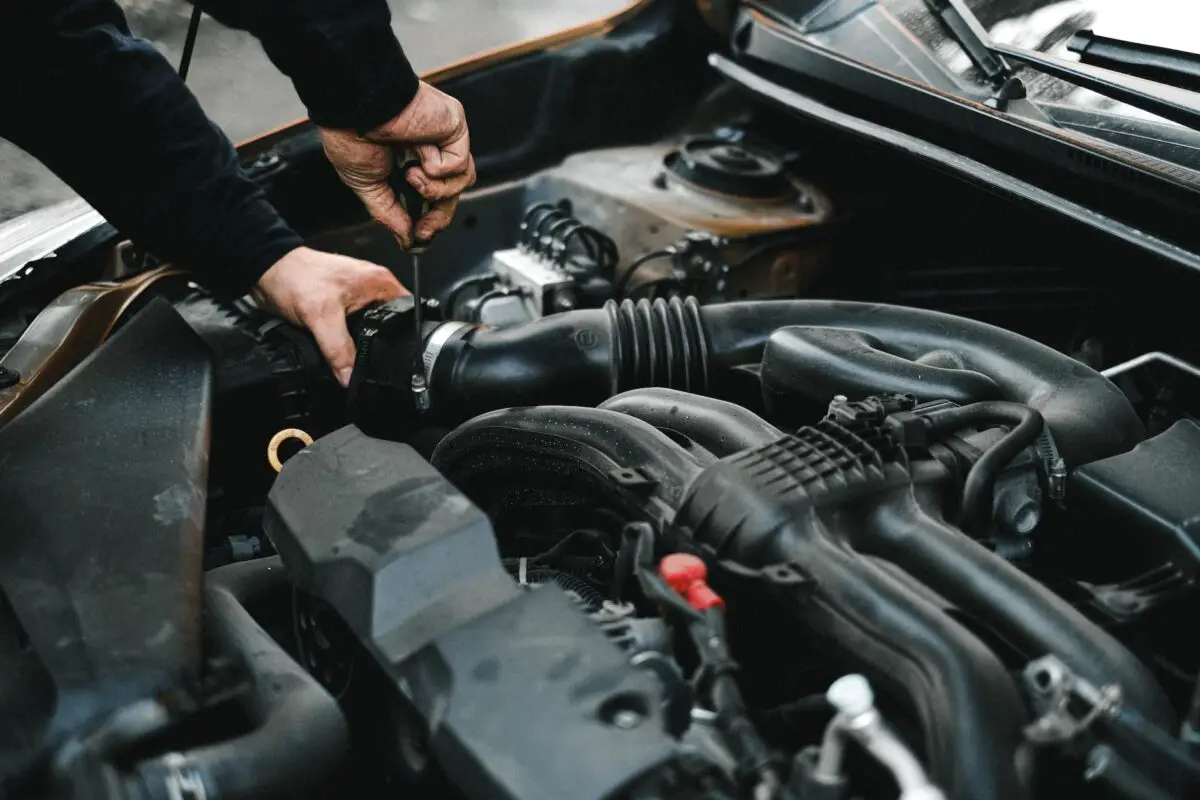
3. Replacing the Compressor
As we mentioned earlier, replacing the AC compressor is a significant task that requires specialized knowledge and tools. Unless you have experience with this kind of repair, it’s better to let a professional handle it.
4. Frequent Overheating
If your AC compressor is constantly overheating despite your efforts to cool it down, a mechanic’s help will likely be needed. This could indicate an underlying problem that needs a thorough investigation.
5. Complex Diagnostic Tests
While there are basic diagnostic tests you can perform, a professional mechanic can conduct more complex diagnostics to identify less common issues. If you cannot determine the cause of the noise, professional help is a logical next step.
Remember, there’s no shame in turning to a professional for help. Their experience and expertise can often save you from bigger issues down the line, ensuring your AC system remains in top condition.
Wrapping it up
In conclusion, an AC compressor making noise at idle is a common issue many car owners encounter. While it might seem concerning, understanding the possible causes and solutions can help you address the problem effectively.
From loose parts and low refrigerant levels to a failing compressor clutch or an aging compressor, these issues can usually be identified and often resolved with a bit of troubleshooting.
But remember, while DIY solutions are great, it’s important to know when to call in the professionals. Not only can they tackle more complex issues, but they can also provide peace of mind that your car’s AC system is functioning as it should.
Pro Tip 👋
Need to talk to a professional with a special discovery on your car issue? Use this link to talk to a professional. This is in partnership with JustAnswer, which has an on-call expert who can help you, especially during an emergency. Talk to a master mechanic now.









